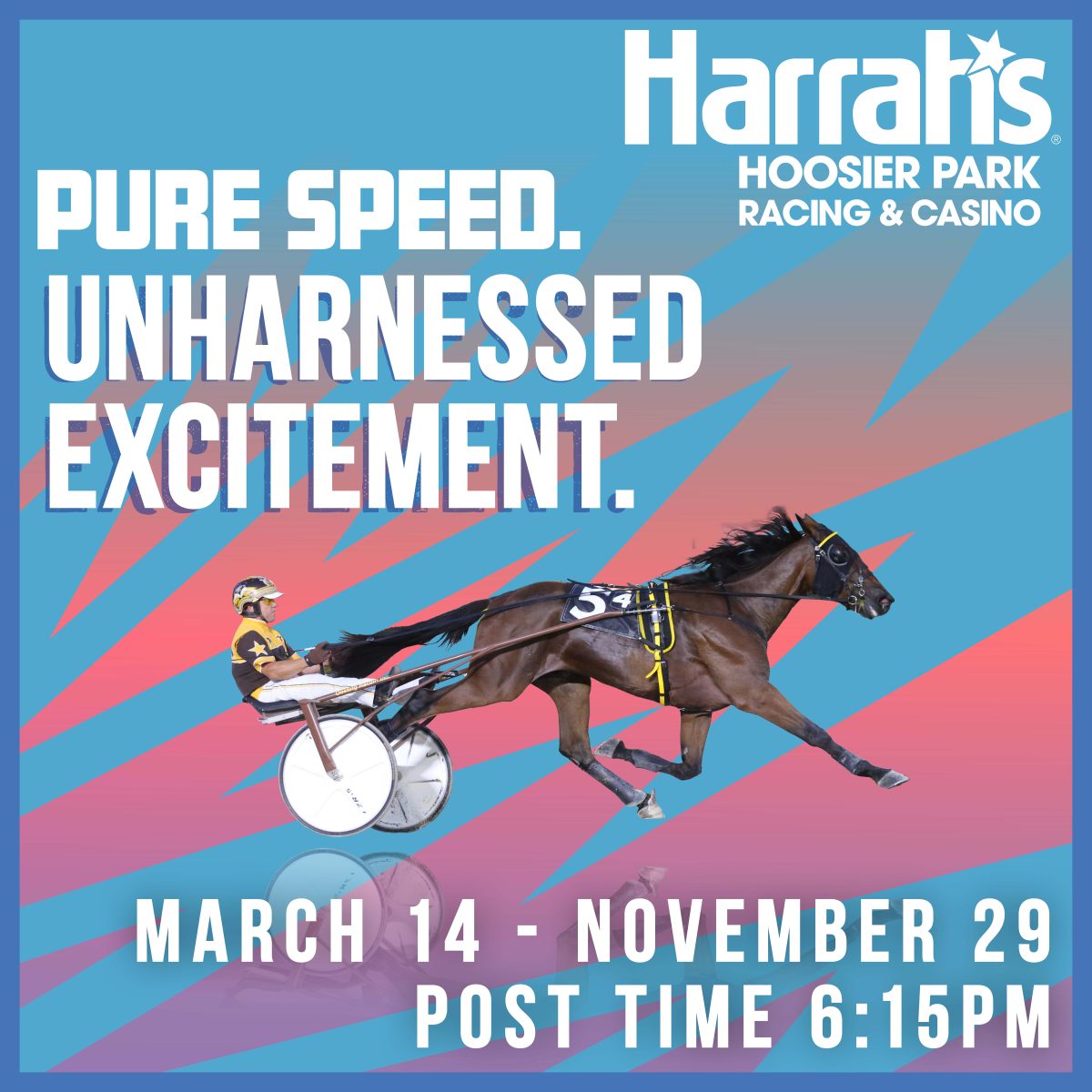Dinner with Andre
by Trey Nosrac
Whenever our discussion touches Artificial Intelligence, my pal Andre Isner from Silicon Valley goes into a rant. Today was no exception.
“AI is insidious because people don’t see it. We are all addicted, but only a few genuinely realize it. Even realizing it does not allow you to escape.”
“Addicted. Really?”
“Oh yes. AI now understands the inescapable value of reaffirming what humans crave. It began by feeding us what we want for advertising, and now it has morphed into politics, entertainment, government, everything.”
“This is so far removed from my little world of sports and gambling.”
“You are wrong, my friend. No aspect of life gets a pass. Racing could learn lessons from the invisible gatekeepers of our attention. AI understands that nothing draws our attention like emotions. Misfortune of others, anger, loathing, strangeness, and moral outrage thrill us to the core. These emotions are measurable in our neurochemistry. Nobody is immune.”
“It’s always been like that.”
“Yes and no. It has never been like this, with technology creating feedback loops in our brain patterns. We need the constant drips of dopamine. We are under the illusion that we are choosing what we are intaking. We become uncomfortable when deprived. If we are away from our devices, the world feels wrong.”
I opened my hands. “What are we gonna do about it?”
“In the long run, I don’t know. In the short run, if your sport wants to stay relevant, the presentation needs to mimic the basic adjustments of other sports using principles of the artificial intelligence universe and learn some of the lessons our competitors are learning.”
“Like what?”
He sighed and said, “Once you get attention, never let it go. If you notice presentations of other sports, the advertisements show up on split screens, allowing the games to remain available. Should they cut to commercials, the commercials are often louder and more dopamine-inducing than the game.”
I nodded. “And repetitive. Sometimes you see the same commercial six times in fifteen minutes.”
“For a reason. Have you noticed how you get directed on your cell phone and iPad?”
I shrugged. “Maybe a little.”
“You barely notice this because any platform worth its gigabytes directs you seamlessly. The new buzzword is ‘adhesion.’ Devices and programming do whatever it takes to keep the addicts satisfied.”
I sighed, “I don’t hear a helpful racing plan.”
He said, “Somehow, horse racing needs to latch on to this endless, adhesive formula. Racing might have an advantage if scheduled correctly. America, heck, the world could have a horserace available almost constantly. If artificial Intelligence ran the world, the world of horse racing could use this bounty of action as an asset. Once AI got a person to play a horserace, they would never be more than a few seconds from another race. A nonstop hamster wheel could be possible. Adhesion is something horse racing can do that other sports cannot.”
“We can’t get racetracks in the same state to cooperate, and now you are going national and international. Besides, getting eyes and minds to pay attention to horse racing is the first part of the puzzle.”
He nodded. “Go back to what AI does very well. It refines and promotes emotion. Supply may be an asset for horse racing, but emotion is an obstacle. Horse racing does not have teams or individuals to love and hate. There is a race with winners and losers but minimal conflict. Horses are beautiful novel animals but so are giraffes.”
“That’s not an answer.”
He said, “AI would suggest that horse racing should create drama.”
I shrugged. “How?”
“They would use astonishing, life-changing amounts of money on the table and constantly ratchet the total amount that players could win to magnify the drama. A million-dollar payoff will escalate to two million tomorrow, etc. The customers could attempt to solve the riddle of the jackpot race or races to keep them occupied. This cliffhanger effect, and competition, even international competition, could be a pillar of horse racing. Finding bold personalities making bold predictions could create additional layers of conflict.”
I gave him a brush-off with my hand. “Too much science fiction, too… otherworldly.”
“The future will come. The world will continue to mutate and adapt. We don’t believe it, but we are pawns in the game of creating and keeping people who crave constant drips of reinforcement. Like psycho lab rats, rewards trigger us. If a player wins a dollar on a horse race, they could immediately have a choice to turn the dollar into two dollars. Another quick win, more dopamine, and the brain signals this is fun, so let’s do it again. This constant repetition with a deceptive payout in regular intervals is a tool your sport has not used.”
“That sounds suspiciously like casinos?”
“Whatever it takes. Your sport faces problems, and making some changes could help. As pari-mutuel structures lose steam, technology, often non-human, will crush and create gambling devices that hold attention for making money. Even a plodding sport like horse racing needs to try and be on the right side of the onrushing train of Artificial Intelligence.”
I scrunched my face and whined, “Don’t you think you are getting carried away with all this machine-learning alarmism?”
“Nope. Sundar Pichai, the head of development at Google, recently said that Artificial Intelligence is one of the most profound things we’re working on as humanity. It is more profound than fire or electricity.”
“More profound than harness racing?” I asked.
Andre Isner laughed. A nervous laugh.

















